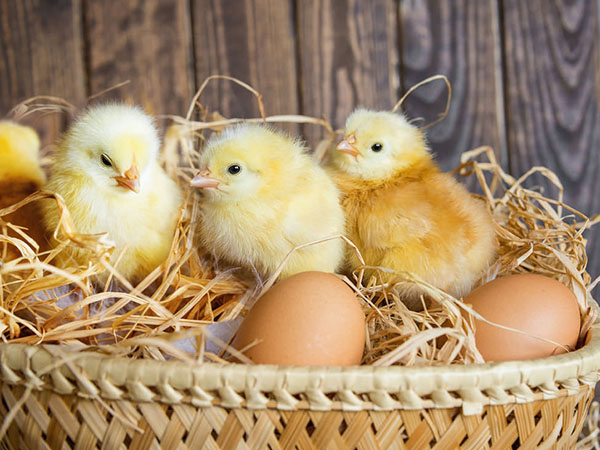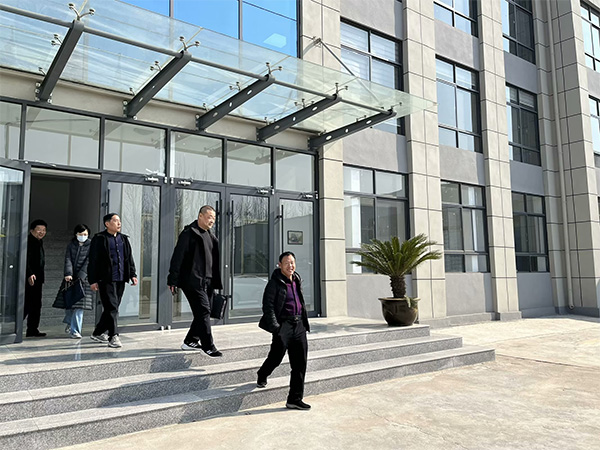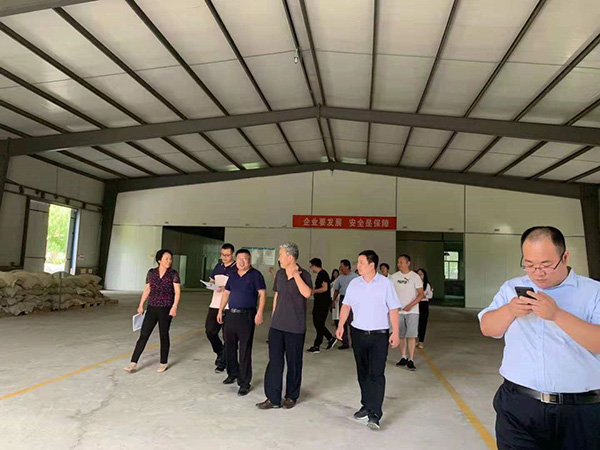Vitamins are essential nutrients for poultry to maintain life and normal physiological functions. Lack of any vitamin can cause certain metabolic disorders and disorders, which in turn affect the growth, egg production, and health of poultry. According to the age, season, and feeding management of poultry, timely adjustment and supplementation of vitamins should be carried out to meet their nutritional needs at different stages of growth and development.

1、 Chick stage
Mainly at 1-2 weeks of age, it is most likely to lack B vitamins. In addition to adding compound vitamins to feed according to standards, it is also necessary to supplement B1, B2, B6, and B12, or add B water to drinking water. In addition, due to the anti allergic and detoxifying effects of vitamin C, as well as its ability to enhance immunity, adding vitamin C at this time is also beneficial.
2、 Production period
Egg laying hens experience rapid ovarian development before the start of laying. From the start of laying to the peak of egg production, the chicken body is in a high load state, with a significant increase in demand for various vitamins, especially vitamins A, D, E, C, and biotin. Therefore, the demand should be met to ensure that the chickens fully utilize their production performance.
3、 Compulsory heart replacement feather period
Forced molting is an artificial technique that uses strong stress to transform chickens from low yield to high yield in a short period of time. It has a significant impact on the chicken's body, causing its physical condition to become weak. Water soluble vitamins should be added 15-20 days after water and food cessation to enhance the physical fitness of chickens and increase egg production after molting.
4、 Stress period
1. Immune vaccination is also a stress response in chickens. To alleviate this reaction, a combination of vitamins can be continuously added within 3-5 days before and after vaccination. Some vitamins (such as vitamin E) can also enhance the effectiveness of immunity
2. Grouping stress selection, grouping, and grouping are essential technical steps in chicken production. This process causes stress in chickens, and 1% water-soluble vitamins can be added to drinking water for 3 days before and after this time.
3. Beak cutting stress is a strong stress for chickens, accompanied by bleeding during the process of beak cutting. Therefore, vitamin K and A should be added to the diet within 3 days before and after beak cutting, and complex vitamins should be supplemented within 3 days after beak cutting.
4. Heat stress caused by high temperatures in summer has a significant impact on the physiological state and production performance of chickens. Therefore, it is recommended to add higher doses of complex vitamins, especially vitamin C, to feed or water than normal, with an increase of 2-3 times.
5、 During the period of illness
During the period of illness, chickens have an increased demand for vitamins. Supplementing with vitamins C and E in their feed can enhance their immune function, increasing it by 2-3 times. During the period when chickens are infected with infectious diseases, supplementing with vitamins A, C, E, and K can enhance their resistance; Chickens immunized with coccidiosis vaccine can reduce their intake of vitamin A and K within 2 weeks of immunization. Due to the impact of coccidiosis infection on the chicken body, special attention should be paid to the supply of B vitamins and vitamin K when using antibiotics, especially sulfonamides, for a long time. Pay attention to the combination of vitamins and drugs when using medication to treat diseases, which can increase the efficacy of drugs.
-
 Director Wang Ping and other leaders from the Animal Husbandry Bureau came to our company for safety guidance
Director Wang Ping and other leaders from the Animal Husbandry Bureau came to our company for safety guidance -
 Weier Biotechnology has a 16 year brand guarantee and was accepted with sincerity in 2019
Weier Biotechnology has a 16 year brand guarantee and was accepted with sincerity in 2019 -
The R&D center of Shandong Weier Biotechnology Co., Ltd. has developed its own proprietary intellectual property products - the shell red pigment series products.
-
Uterine inflammation in sows refers to the inflammation of the uterus caused by infection during and after childbirth. The causes include: difficult delivery, inability to place the placenta, uterine prolapse
Website Registration Number:鲁ICP备2024111636号-1
Address:Heishibu Village, Fangcun Town, Daiyue District, Tai'an City, Shandong Province, China







